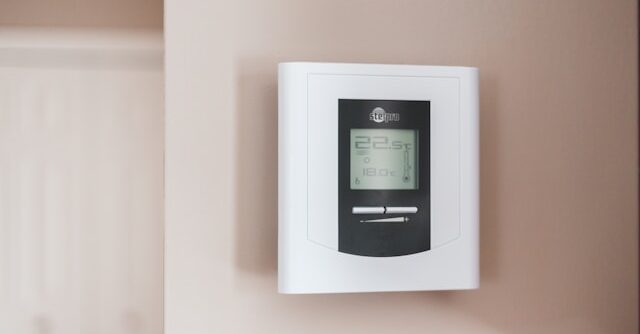
Introduction to Energy-Efficient Home Heating
The modern homeowner faces many challenges, but none so pressing as efficient home heating management. Traditional heating methods are costly and contribute to the escalating problem of environmental degradation. Energy efficiency in home heating represents a growing interest for those seeking to cut costs and minimize their carbon footprint. Whether opting for modern solutions like oil delivery West Orange, NJ, which has seen a transformation with blends of biofuels, or exploring alternative energy sources, the advantages of efficient heating are manifold.
Types of Energy-Efficient Heaters
A plethora of sustainable heating options awaits the environmentally conscious consumer. Electric heaters, for instance, can be highly efficient when powered by renewable energy sources, and new oil-fueled systems boast improved combustion technologies that conserve fuel and diminish emissions. Pellet stoves offer another renewable option, burning compressed organic matter for a cleaner, combustible solution. Evaluating these choices requires understanding household requirements and committing to upfront investment and long-term gains. Each variant defines efficient heat production in ways conventional systems cannot match.
Smart Thermostats: Revolutionizing Home Temperatures
The rise of smart thermostats has overhauled the traditional means of temperature regulation within the home. These sophisticated devices give homeowners unprecedented control, adapting to user behavior and preferences to optimize heating schedules and reduce unnecessary energy use. By analyzing weather forecasts and even incorporating humidity sensors, smart thermostats effectively decrease energy bills while increasing comfort. Companies are vying to excel in this field, offering features like geofencing and voice control that integrate seamlessly with contemporary smart home ecosystems.
Using the Sun’s Power for Solar Heating
Solar heating is another viable option for a more environmentally friendly home heating system. The basic setup involves solar collectors optimally positioned to trap the sun’s radiant energy, transforming it into usable heat. With significant operational cost reductions and abundant clean, renewable energy, solar heating installations signify a long-term investment towards autarky from nonrenewable energy grids. As financial entry barriers shrink, initiatives such as subsidies and financial incentives provide additional motivation for those contemplating solar system installations.
Maintenance Tips for Energy-Efficient Heating Systems
Regardless of the type of energy-efficient heating system installed, routine maintenance is vital. Simple steps such as replacing air filters, inspecting ducts for leaks, and ensuring unobstructed vents can improve system efficiency. Seasonal checkups conducted by heating specialists can preempt potential issues and optimize the system’s longevity. The saying “an ounce of prevention is worth a pound of cure” is especially true regarding system maintenance, which saves energy and lowers expenses in major repairs or system replacements.
Making the Switch: Steps to Upgrade to an Energy-Efficient Heating System
Embarking on the journey to retrofit your residence with an energy-efficient heating system is a pragmatic and ecological decision. The process encompasses evaluating your current heating needs, examining the feasibility of different systems, and taking decisive action toward a greener home. This shift, which frequently calls for the experience of experts, may have a significant favorable influence on the environment and result in decreased energy expenditures, utility bills, and energy use. Homeowners should engage with certified contractors who can provide detailed energy audits and recommend the appropriate equipment, ensuring a smooth transition to energy-efficient domestic heating.
